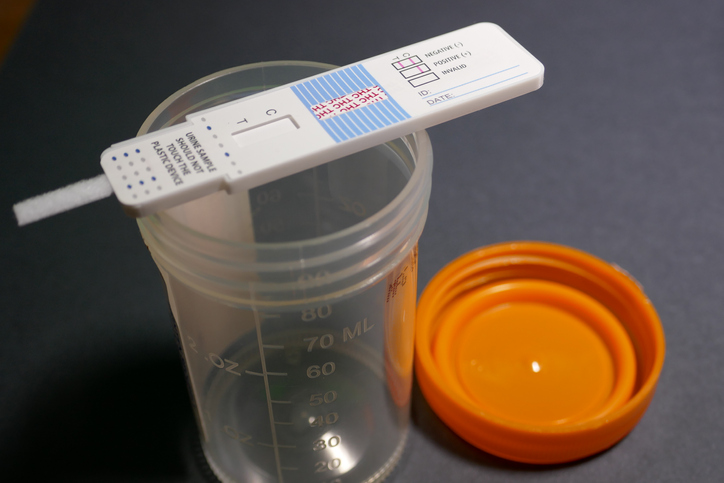How to be a Proactive and Educated CBD Purchaser?
Your best bet for ensuring that any CBD therapies you and your healthcare provider decide may be helpful to you will not trigger a positive result on a drug test is to follow the same precautions you would with any other product you will be putting in your body. Just as you would read the nutritional labels on a food product, a nutritional supplement or an OTC medication, you need to do the same with CBD.
Here are some tips to ensure that you are as educated as possible about a CBD product before you purchase it:
- Avoid any CBD product that makes health claims on its label or marketing information. Since the FDA has, to date, only approved one CBD health claim (that for treating a specific form of childhood epilepsy), any company that promises its CBD will cure disease or an ailment may also be making other false claims, for example, about the purity of its product.
- Do your research and check out the laboratory/manufacturer of the CBD product you are considering. Only purchase from reputable companies who have their products tested by a recognized laboratory for quality and purity.
- Purchase the isolate form of CBD . There are other formulations, such as broad and full spectrum, for example, that may include other compounds present in the cannabis plant and not just CBD. If you purchase anything other than isolate, you increase the risk of the product containing a compound that could trigger a positive result on a drug test. You can also check to see if the manufacturer can provide a Certificate of Analysis for its products. While this testing is not fool proof, it can go far in assuring you’re getting pure, isolate CBD.
- Since the CBD you may purchase most likely will have been extracted from the hemp plant (which cultivation is legal in all 50 U.S. states), try to determine in which state the source hemp was grown. For example, states such as Colorado and Oregon have longstanding hemp farming and require rigorous testing the harvested hemp. Also, it’s better to have the CBD extracted from hemp rather than marijuana.
If you follow all the above guidelines and you’re still concerned about an upcoming employer-required drug test, then talk with your healthcare provider about taking a short “CBD vacation” to ensure it and any possible contaminants will have been cleared from your system by the time you take the test.
Enjoy your healthy life!








